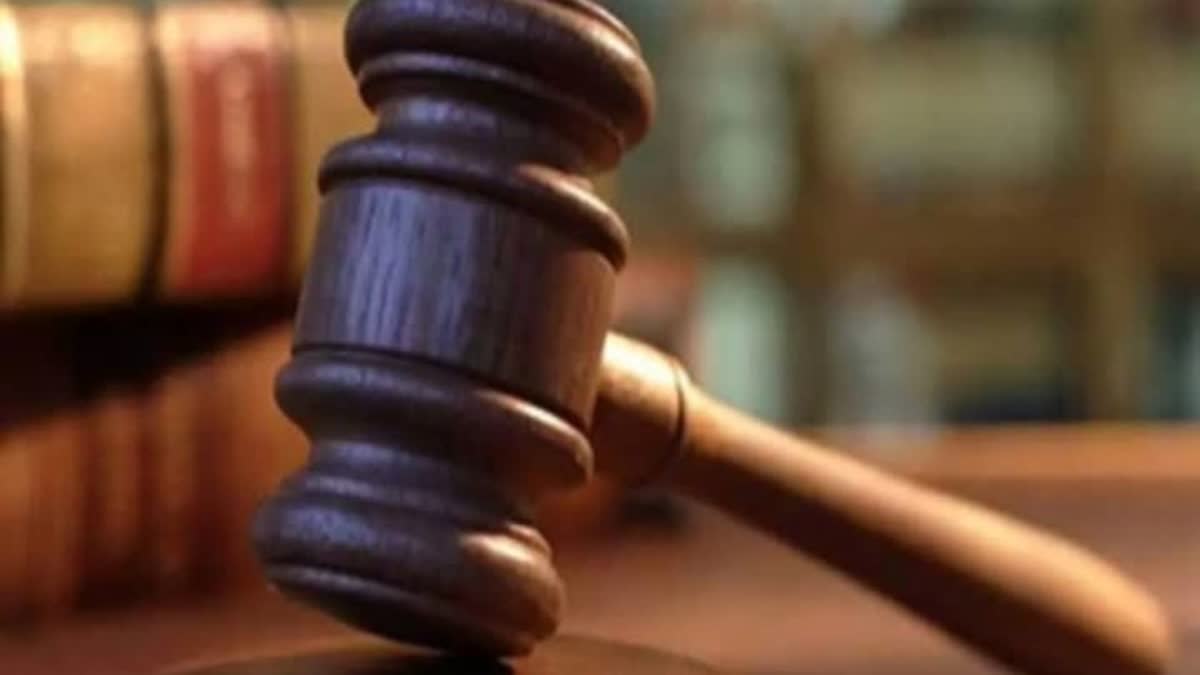New Delhi : The Supreme Court on Wednesday told the Centre to use persuasion for voluntarily clearing dues and refrain from using "threat and coercion", while conducting search and seizure operations against traders for recovery of Goods and Services Tax (GST).
A three-judge bench led by Justice Sanjiv Khanna told additional solicitor general S V Raju, representing the Centre, there is no power under the GST Act to compel any person to pay the tax liability during the search and seizures and told the counsel to the ask the department that the payment should be voluntary and no force should be used.
“You have to give three-four days' time to the alleged offender to consult, think and clear the liability. It should be voluntary and there should not be use of any threat or coercion”, said the bench, also comprising justices MM Sundresh and Bela M Trivedi.
The apex court is hearing on a batch of 281 petitions which have challenged various provisions of the GST Act, Customs Act and the Prevention of Money Laundering Act.
During the hearing, the bench said several petitioners have alleged that the authorities used coercion during search and seizure operations. Raju clarified that there may have been some instances in the past but that is not the norm.
A counsel, representing one of the petitioners’, argued that safeguards provided under the law are not implemented and instead people are subjected to threat of arrest to pay up. The Centre’s counsel cited instances when goods were transported in oil tankers, auto-rickshaws, and various methods were adopted to evade liability. The bench observed that when the legislature has enacted safeguard provisions, then they need to be implemented strictly.
The bench observed that if there is denial of payment, then the department can provisionally attach the properties "but you have to give some time to them to consult, think, and clear the liability". Raju said many times the alleged offenders adopt various methods to evade taxes. However, the bench told him that they can arrest them but it should be strictly under the procedure laid down under law.
A counsel, representing another petitioner, highlighted the issue of scores of arrests and confiscations, which occurred in the past five years under the GST regime and added that several petitions are pending in different high courts.
The apex court will continue to hear the matter on Thursday.
Read More
1. Plea In SC Seeks 6-Year Disqualification For PM For Delivering 'Divisive Speeches'



